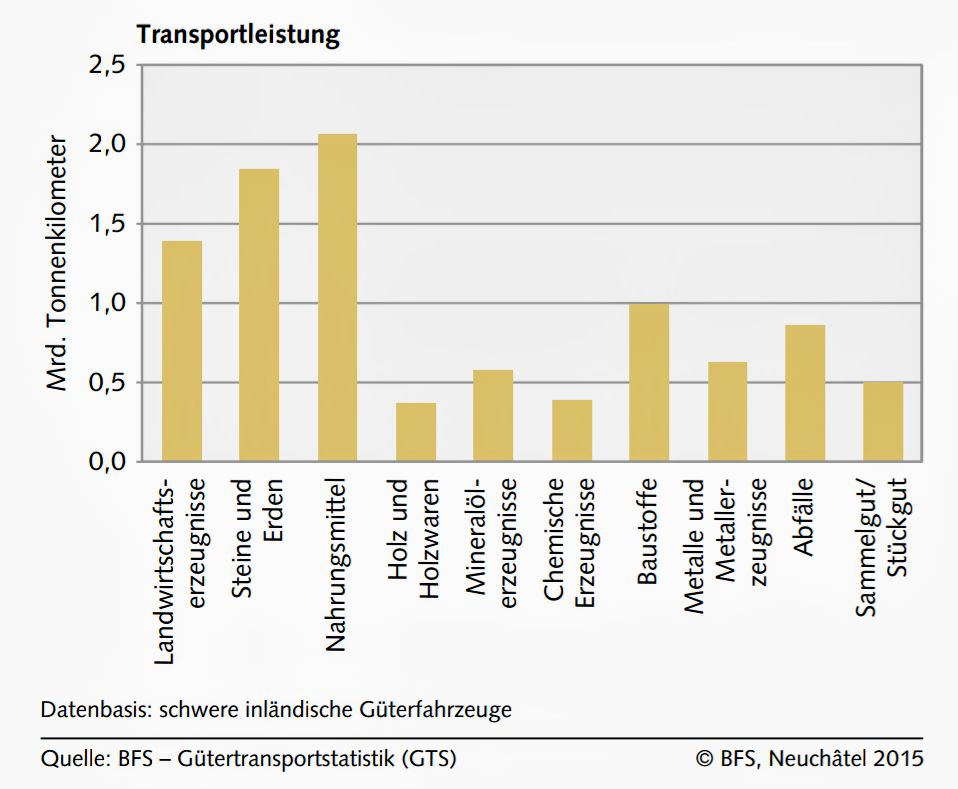The following is a challenge from the Opendata.ch association's School of Data working group.
Connect open (government) data sources, open APIs, open Machine Learning datasets, blockchains, etc., to the open data movement using open standards such as Data Packages. Document your project at the hackdays here, and help the next potential user of the data by sharing your experience and helping to build an Open (Food) Data Ecosystem!
In addition to the datasets listed in the Resources section of the Hackdays, which were prepared during School of Data workshops and published to Datacentral via GitHub, we have several suggestions for additional ways to #makeopendata at the Hackdays:
- Opendata.swiss
- Food Composition Database
- FoodRepo.org
- Food-101
- V-ZUG-HOME Recipe database
- Nestlé Recipes database
Once you have found a dataset and have used it for a Hackday project, or see potential improvements for, or just think is worth promoting in the community, follow the guide at schoolofdata.ch or talk to Oleg at the Hackdays to find out how to contribute!
Opendata.swiss
The opendata.swiss portal is a joint project of the Confederation, cantons, communes and other organizations with a mandate from the state. It makes open government data available to the general public in a central catalogue. opendata.swiss is operated by the Swiss Federal Archives. Opendata.ch is a community partner of the project
 Data from many sources exists in presentations and reports circulated and provided daily by the government. As a researcher or developer, you may wish to get the raw numbers behind a statistic such as this one showing that food-related deliveries made the most cumulative kilometers in 2015, according to a report of the Federal Statistical Office.
Data from many sources exists in presentations and reports circulated and provided daily by the government. As a researcher or developer, you may wish to get the raw numbers behind a statistic such as this one showing that food-related deliveries made the most cumulative kilometers in 2015, according to a report of the Federal Statistical Office.
You might search for datasets tagged 'agriculture' in the portal, which are available under open terms of use - ideal for linking to other datasets at the hackdays for your projects. Or you can browse by organization, such as datasets published by the Federal Office for Agriculture. Dataset resources can be previewed or downloaded from the details page, for example:
The datasets listed below are related to the topics of 'nutrition'. You could use data like these to complement other open datasets, or to ask questions on current national topics like for example the 'fair food' initiative (swissinfo). Make sure to follow the Terms of Use and correctly attribute your open data sources.
Example datasets shown here using ckan-embed. Visit opendata.swiss for more....
Food Composition Database
Once you have found a dataset, you could create new resources from it like for example the Swiss Food Composition Data Package based on the official data from naehrwertdaten.ch. The benefits of doing this process are that it helps discovery of the data for more users, allows new ways of exploring the information, and involves the community in efforts to increase the quality and sustainability of open data.
FoodRepo.org
We have been working for several years with this database developed at EPFL on Swiss food products that is truly open, free, and - perhaps most importantly - programmatically accessible via an API. A Data Package of a subset of the information is available, as well as several exemplary projects like ZOE from our Hackdays.
Food-101
This is a challenging data set by Lukas Bossard, et al of 101 food categories, with 101'000 images, used in many academic projects involving Machine Learning. We have hacked with this dataset in the past, e.g. Not Raclette!, but have not packaged this dataset because of legal grey area surrounding the provenance of the source images. We would like to see a fully openly licensed and supported dataset of this kind available and encourage the community to pool efforts in this direction.
V-ZUG-HOME Recipe database
The recipe collection in XML format from the V-ZUG app, available from the Play Store or the Apple Store has been shared with us by the hosts of the Zug 2018 hackdays, and we are investigating its technical and legal openness.
✓ This data was packaged in Recipe Schema Fun and used in the Babel Zug project.
Nestlé Recipes database
A JSON-formatted database of dishes from Mexico and Trinidad & Tobago has been shared with us by Nestlé, which is co-sponsoring the event, and has its own Recipe search engine. We are investigating its technical and legal openness.
Download: Mexico SRH_MX_en.zip / Trinidad & Tobago SRH_TT_en.zip
✓ This data was used in the Babel Zug project.
Previous
Open Food Data x Smart Kitchen Hackdays


